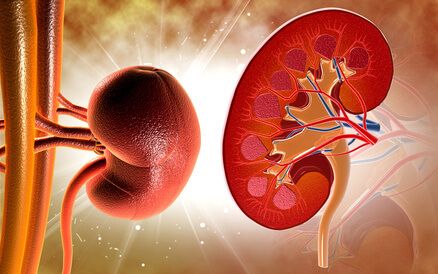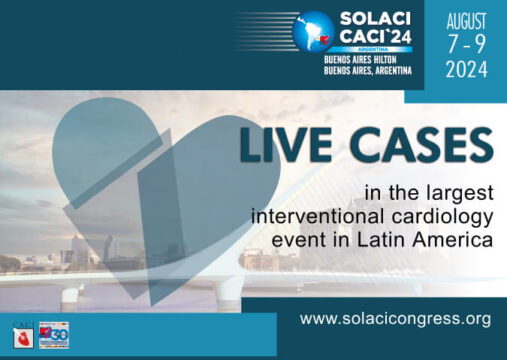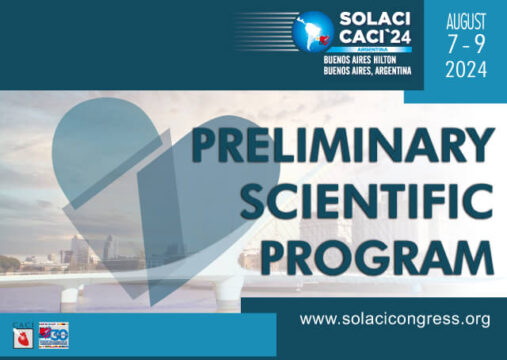Most clinical trials have shown benefits of beta blockers after acute myocardial infraction, including patients with extensive AMI, and these were carried out in the era before AMI was diagnosed with biomarkers and prior to treatment with coronary angioplasty, use of antithrombotic agents and high intensity statins, and angiotensin-aldosterone system inhibitors.

The aim of this multicenter, randomized study was to assess the potential benefit of treatment with beta-blockers after AMI in patients with conserved left ventricular systolic function in the current era of percutaneous treatment and medical treatment.
The primary outcome was a combination of all-cause death and non-fatal AMI. Secondary end point was a combination of all-cause death, AMI and hospitalization for cardiac failure. There was a safety end point including hospitalization for bradyarrhythmia, hypotension or syncope, hospitalization for asthma or COPD and hospitalization for stroke.
5020 patients were randomized; 2508 to receiving beta-blockers (metoprolol or bisoprolol) and 2512 for conventional treatment. Mean age was 65 and most were men. Mean followup was 3.5 years. 35% of patients presented ST elevation AMI. 17% presented left main and three vessel disease, and most received percutaneous coronary intervention (PCI) (96%), while the remaining 4% underwent myocardial revascularization surgery (CABG).
The primary outcome resulted 7.9% for the beta-blocker group vs. 8.3% for the conventional treatment group (HR 0.96; CI 95% 0.79-1.16; p=0.64). There were no differences in secondary and safety end points.
Conclusion
Among patients with acute myocardial infarction undergoing early coronary angiography with conserved left ventricular ejection fraction (≥50%), treatment with beta-blockers at long term did not present lower risk of all cause death or new AMI or new myocardial infarction vs. no beta-blockers.

Dr. Andrés Rodríguez.
Member of the Editorial Board of SOLACI.org.
Original Title: Beta-blockers after Myocardial Infarction and Preserved Ejection Fraction.
Reference: Troels Yndigegn et al ACC 2024.
Subscribe to our weekly newsletter
Get the latest scientific articles on interventional cardiology





